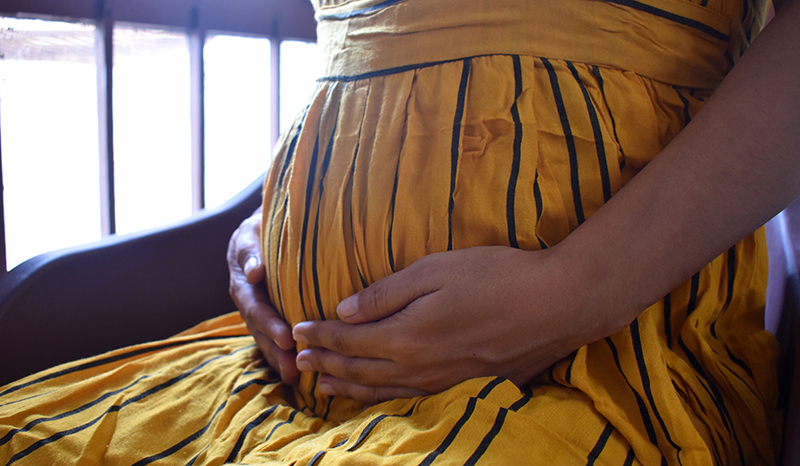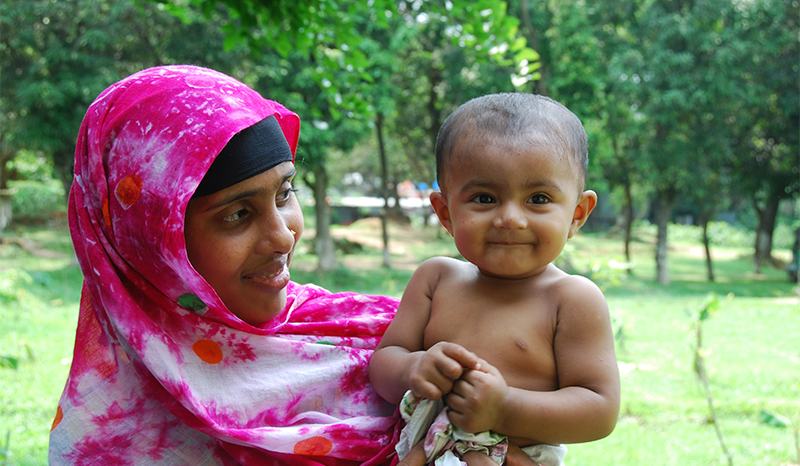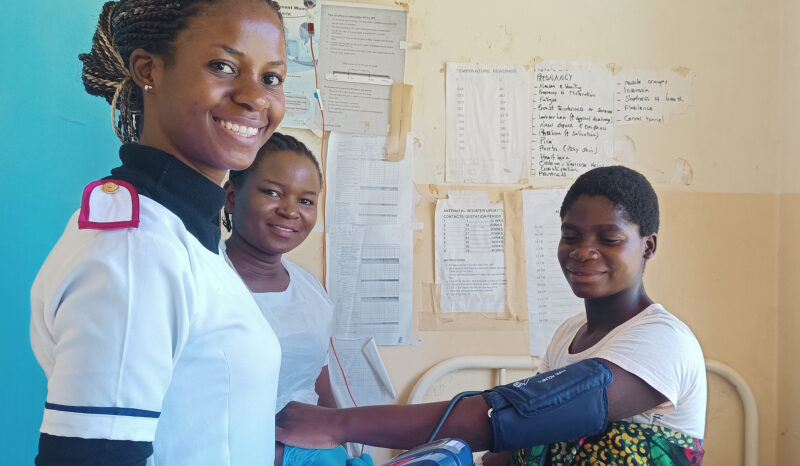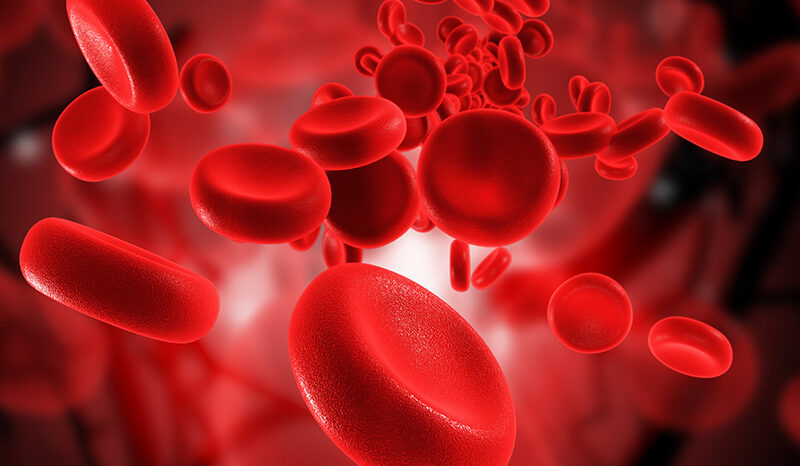Prang K-H, Rahman AMQ, Verbunt E, Sabanovic H, Ahmed S, Hasan MI, Davidson EM, McLean ARD, Braat S, Glover-Wright C, Carvalho N, Pasricha S-R, Hamadani JD, Sarker BK. Feasibility and Acceptability of Intravenous Iron for Anaemia in Pregnancy in Bangladesh: A Demonstration Project Protocol. Global Implementation Research and Applications. 2025;:10.1007/s43477-025-00176-4
Larson LM, Mwangi M, Harding R, Moya E, Ataíde R, Mzembe G, Thurber A, Young SL, Braat S, Phiri K, Pasricha S-R. Effects of Ferric Carboxymaltose on Pica among Pregnant Women in Malawi: A Substudy to a Randomized Controlled Trial. Journal of Nutrition. 2025;155(7):10.1016/j.tjnut.2025.05.010
Fielding KL, Bennett C, Pettikiriarachchi A, Jones N, Harding R, McLean ARD, Randall L, Schaeper U, Martinez A, Ataíde R, Pasricha S-R. Maternal Tmprss6 is required for hepcidin suppression and fetal health. Blood. 2025;145(25):10.1182/blood.2024027563
Larson LM, Baldi A, Hasan MI, Jones N, Owens Pickle E, Ataide R, Bennett C, Bhuiyan MSA, Tipu SMU, Tofail F, Biggs B-A, Hamadani J, Pasricha S-R, Braat S. Role of hepcidin on benefits and risks of supplementation with iron syrup and multiple micronutrient powders in Bangladeshi children: a substudy to a randomized controlled trial. American Journal of Clinical Nutrition. 2025;121(5):10.1016/j.ajcnut.2025.02.018
Larson LM, Baldi A, Hasan MI, Jones N, Pickle E, Ataide R, Bennett C, Bhuiyan M, Tipu S, Tofail F, Biggs B-A, Hamadani J, Pasricha S-R, Braat S. The Influence of Hepcidin on Benefits and Risks of Iron Supplementation in Bangladeshi Children. Current Developments in Nutrition. 2025;9:10.1016/j.cdnut.2025.106719
Sertori R, Pasricha S-R. QTLs unlock RBC storage hemolysis secrets. Blood. 2025;145(7):10.1182/blood.2024027136
Starr M, Harding R, Ataíde R, Von Dinklage N, Sinharoy SS, Jayasinghe Y, Manda-Taylor L, Fisher J, Braat S, Pasricha S-R. Epidemiology of menstrual-related absenteeism in 44 low-income and middle-income countries: a cross-sectional analysis of Multiple Indicator Cluster Surveys. The Lancet Global Health. 2025;13(2):10.1016/s2214-109x(24)00468-6
Pasricha S-R, Moya E, Ataíde R, Mzembe G, Harding R, Mwangi MN, Zinenani T, Prang K-H, Kaunda J, Mtambo OPL, Vokhiwa M, Mhango G, Mamani-Mategula E, Fielding K, Demir A, Von Dinklage N, Verhoef H, McLean AR, Manda-Taylor L, Braat S, Phiri KS. Ferric carboxymaltose for anemia in late pregnancy: a randomized controlled trial. Nature Medicine. 2025;31(1):10.1038/s41591-024-03385-w
Pasricha S-R, Moya E, Ataíde R, Mzembe G, Harding R, Mwangi MN, Zinenani T, Prang K-H, Kaunda J, Mtambo OPL, Vokhiwa M, Mhango G, Mamani-Mategula E, Fielding K, Demir A, Von Dinklage N, Verhoef H, McLean AR, Manda-Taylor L, Braat S, Phiri KS. Author Correction: Ferric carboxymaltose for anemia in late pregnancy: a randomized controlled trial. Nature Medicine. 2025;31(1):10.1038/s41591-025-03492-2
Mzembe G, Moya E, Mwangi MN, Ataide R, Harding R, Kaunda J, Zinenani T, Mhango G, Stones W, Mtambo O, Demir AY, Verhoef H, Braat S, Pasricha S-R, Phiri KS. Postpartum maternal and infant haematological effects of second-trimester ferric carboxymaltose versus standard-of-care oral iron in Malawi: longitudinal follow-up of a randomised controlled trial. The Lancet Global Health. 2024;12(12):10.1016/s2214-109x(24)00380-2






